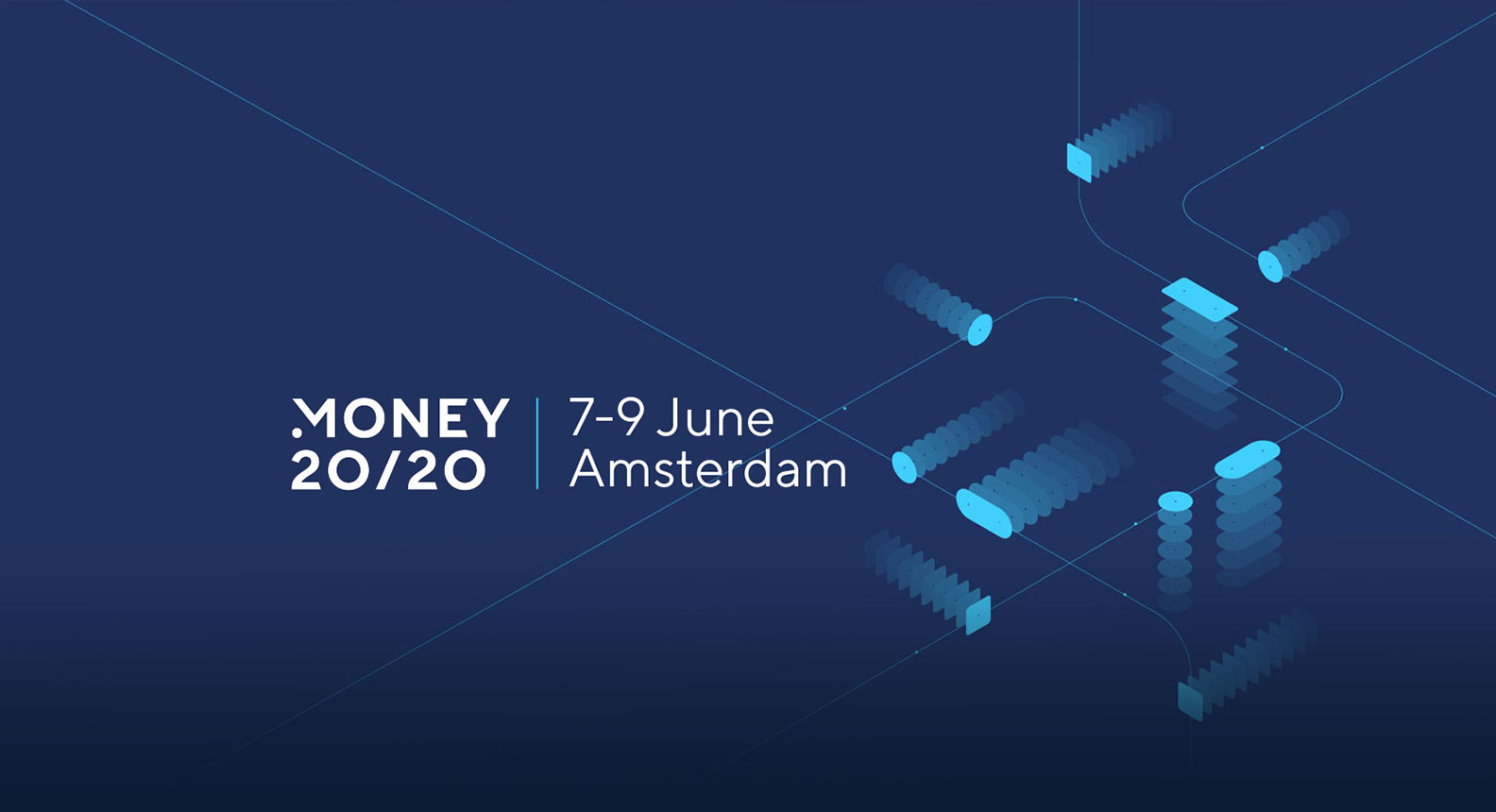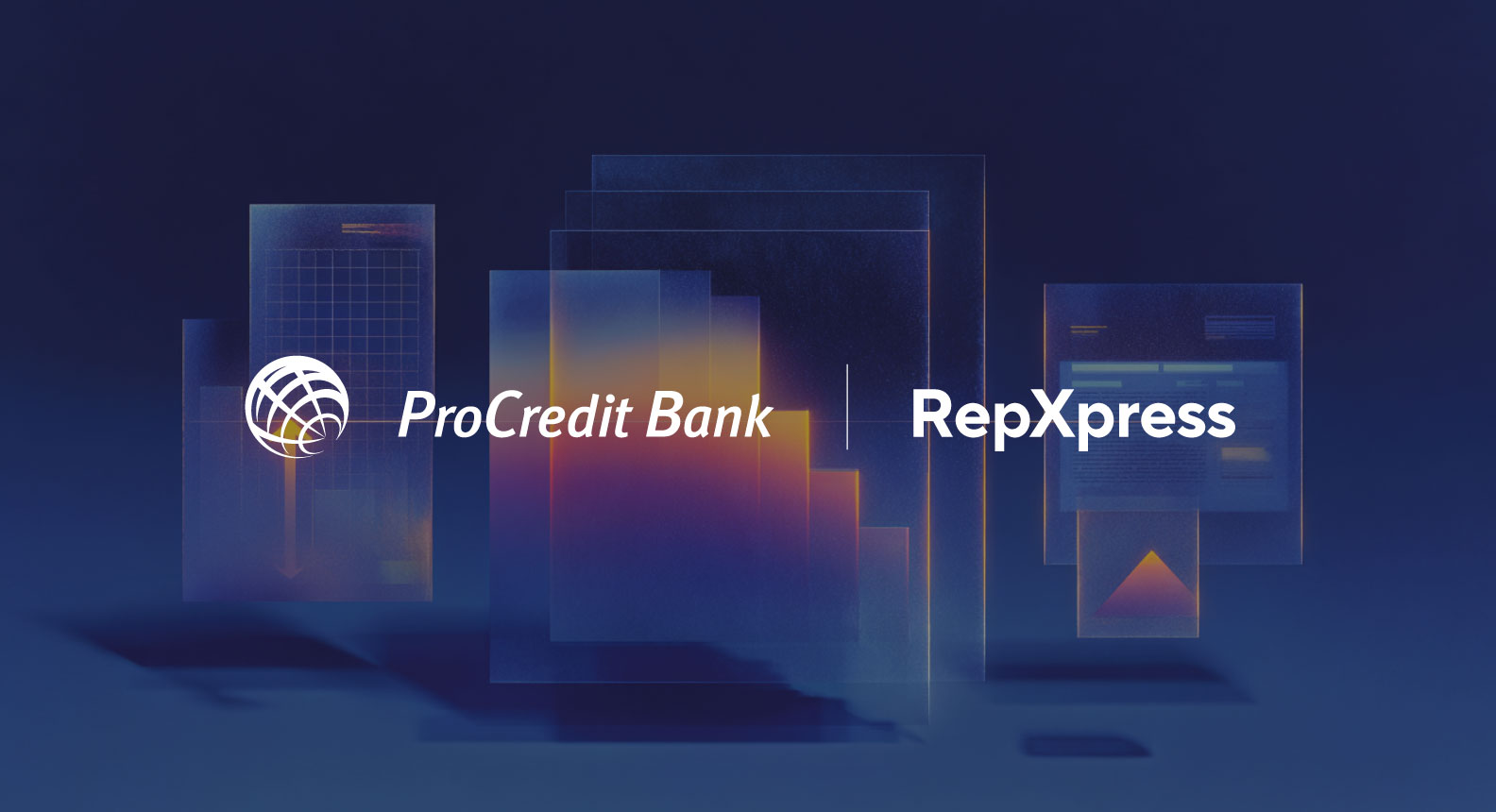This year Money20/20 will take place on 7-9 June 2022, in Amsterdam. This remarkable industry event enables C-level executives, renowned speakers, innovators, and disruptors from across the world to share their insights and drive changes in the future of money. Our team – Momchill Zarev, CCO of Sirma Solutions, Fabrice Gouttebroze, Managing Director of S&G Technology Services, and Mark Belane, Director of Strategic Partnerships, will be part of this thriving community. Meet them at Kiosk C2, have a chat, and find out more about the newest developments in Sirma’s products and services portfolio. The visitors will be presented the recent information regarding our expertise in technology consulting and IT systems modernization in the banking industry, the fields where Sirma has specialized for more than 20 years. The team will be happy to answer all queries and talk about the last business wins we have been proud of.
A quick overview of the trending topics, as presented by the event organizers
1/ Back end is out, the front end is in
Core banking and every other non-differentiating part of a business is a commodity. The battleground has moved from the tech stack to the user experience. Among thousands of businesses built on the same technological layer, the real competition happens where our products interact with our customers.
Topics: Channels of interaction, Consumer trends, Customer behavior, Customer engagement, Customer journeys, Customer needs, Mission-driven business, sustainability, New product categories and development, Personalization, Pro-customer approach, Product Ideation, UX/UI2/ Champions are out, interoperability is in.
2/ Champions are out, interoperability is in
There is an abundance of solutions springing up across verticals. As the playing field is leveled by a standardizing technological layer across Europe, the meaning of competition changes. We have never had such variety and volume of options and such low barriers for entry. Abundance and competitiveness are to the benefit of the customer. On the other side, it doesn’t have to be a zero-sum game for companies either. When every piece of infrastructure is a commodity, orchestration takes center stage. The payments engine will become the most critical infrastructure for retailers, e-commerce brands, marketplaces, and payments organizations.
Topics: Alternative payments methods, Consolidation, M&A, Cross-industry collaboration, Ecosystem development, Geopolitics, Localisation, Partnerships, Software strategy, Value chain.
3/ Acquisition is out, distribution is in
Financial services are a native component and a commodity in every environment. The path to scaling today is in alignment with the largest end-user platforms - banks, e-commerce, social media, insurance, and telecommunications companies. We need to focus on contexts where the financial component will significantly improve the experience - whether it’s a non-financial environment or the best of breed niche solution in a wider suite of financial products. Using powerful end-user platforms as your distribution channels is the way of the future.
Topics: Business models, Contextual finance, Embedded finance, Engaging customers where they are, Financial inclusion and access, Governance, Growth strategy, Implementation strategy, Integrations, Monetization strategy, Network effects.
4/ Proprietary is out, standardization is in
Proprietary technology is a debt. It’s time to adopt open and shared technical standards to enable fair competition and radical transparency that will prioritize the best interests of individuals over the interests of entities. The digital euro is the first step on the road to the standardization of payments.
We are going back to basics – bank-based payments will become the cornerstone of online commerce. The payments landscape in Europe will be consolidated. A new pan-European money infrastructure will be a profound achievement, and it will start with interoperability. Achieving interoperability on a technological level will translate into the rise of the orchestration layer in payments and financial software at large. Unification and standardization of infrastructure will start in Europe, with the money infrastructure, and will inevitably spread across industries. Open source and infrastructure neutrality are the future.
Topics: Data strategy, Digital money (CBDC, cryptocurrencies, forms of programmable money), Open banking, Open finance, PSD2, PSD3, Regulation, Technological standards (ISO20022)
5/ Ownership is out, permission is in
Ownership is changing hands from entities to individuals. We have to build pan-European standards for the flow of information, currency design, and data ownership that will enable instant verification and exchange between markets, entities, and wallets. The use of information becomes permission-based and an individual is the one giving the permission. Payments and identity will be one and the same. The future of the industry is in the grey area between DeFi and CeFi, virtual and real, where the best of both worlds merge.
Topics: Decentralization, DLT, Emerging technologies (NFT, tokenization), Regulation of advanced technologies (AI, quantum computing), Trust (data, identity, privacy, security, Web 3.0)
Find out more information about the event here.


